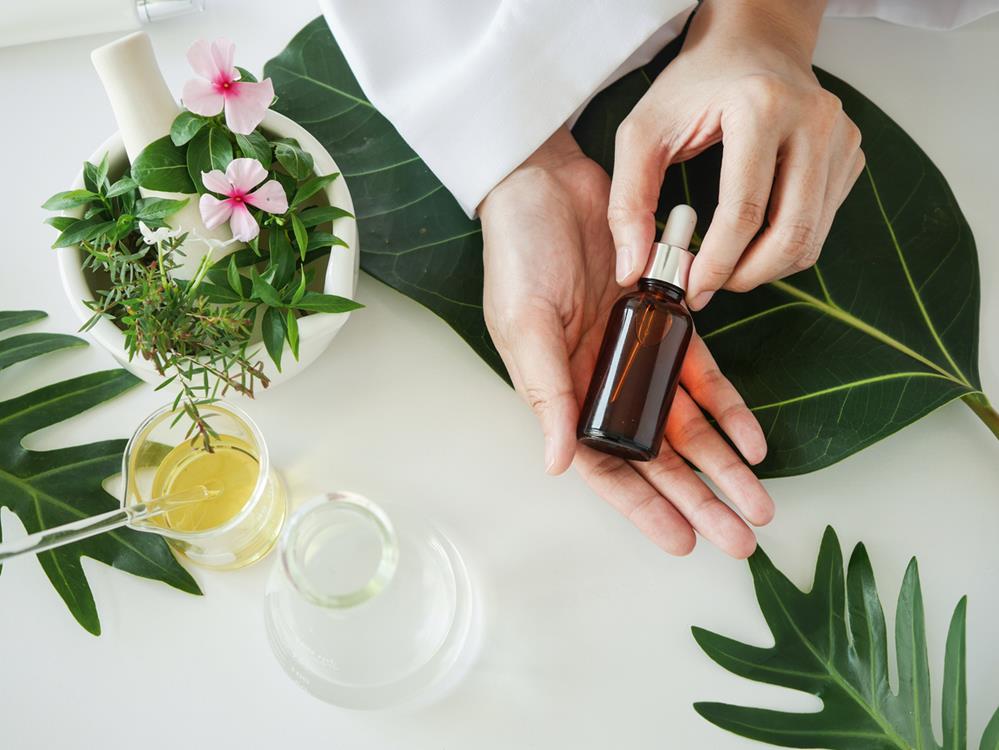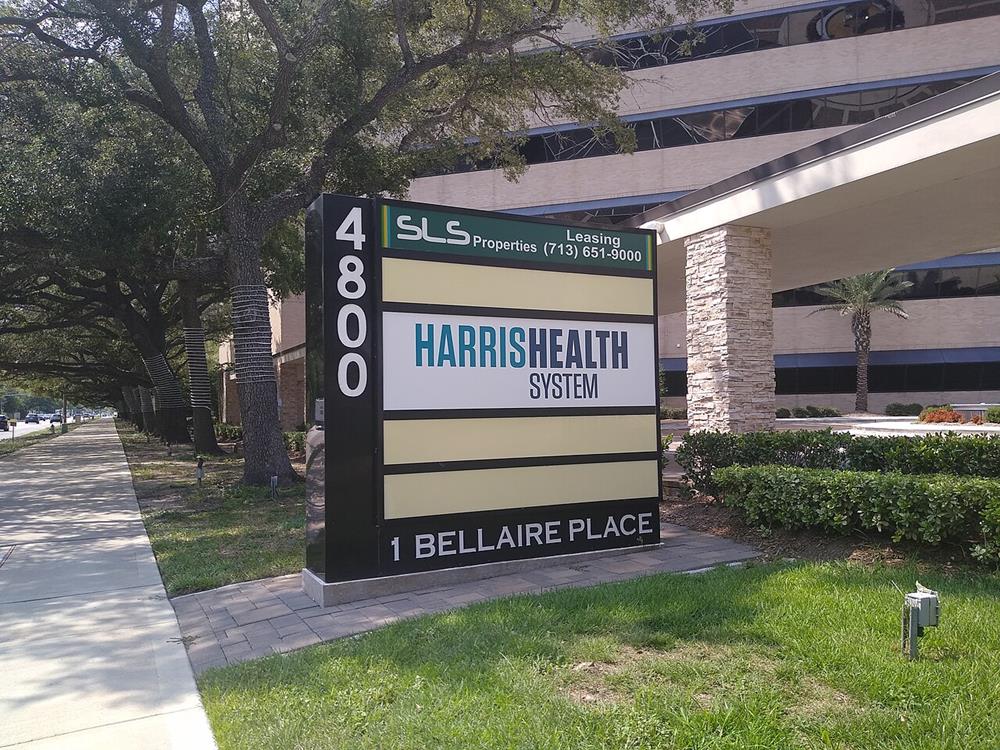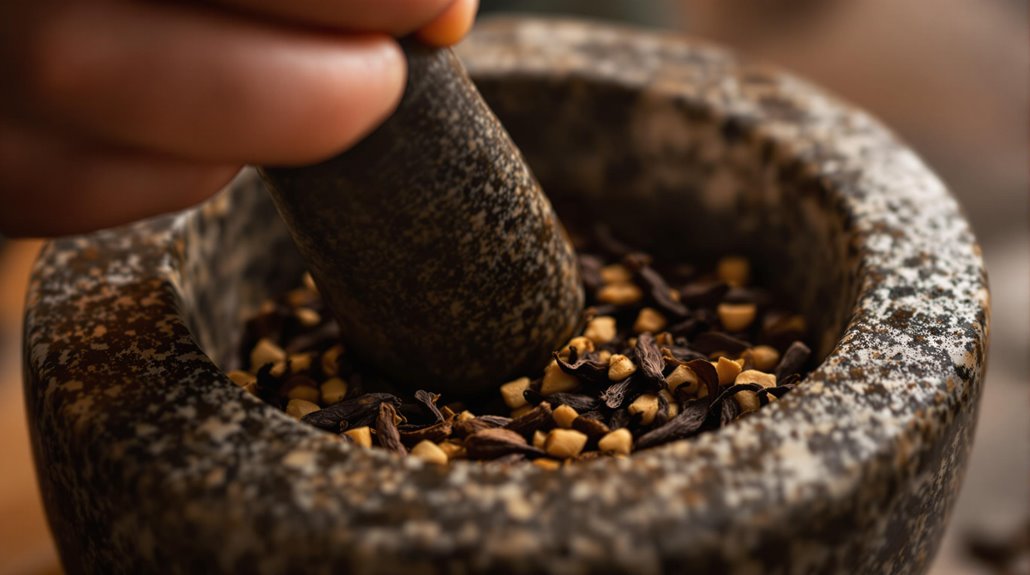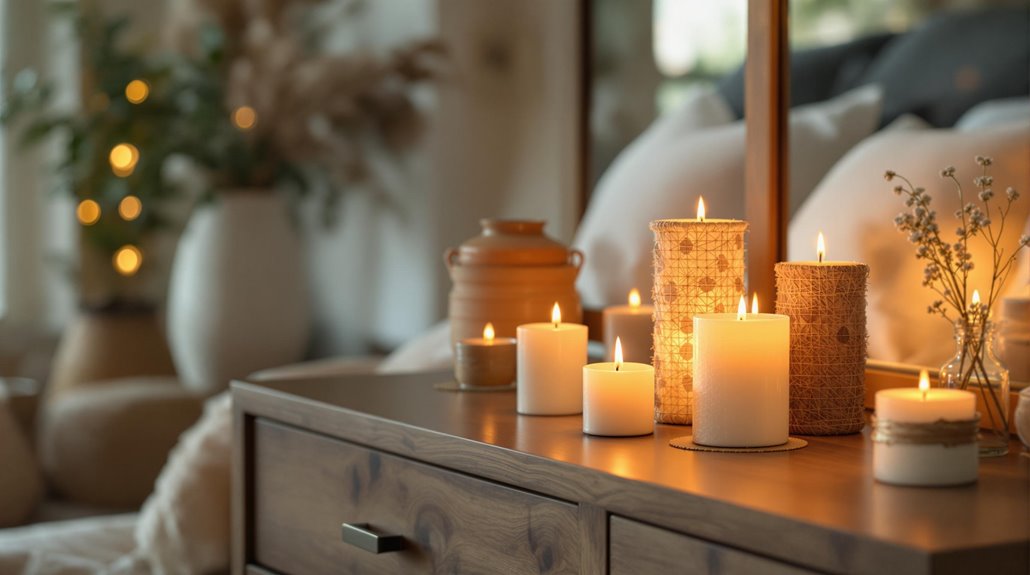Houston’s Wellness Scene and the Role of Aromatherapy

Houston's wellness scene is flourishing alongside strong economic growth, with aromatherapy emerging as a useful component of holistic care. You'll find that several Houston hospital systems have established aromatherapy offerings, and published studies commonly report reduced anxiety and nausea in relevant clinical settings.
Beyond hospitals, Houston also offers standout wellness and aromatherapy centers—including Trellis Spa at The Houstonian, Hiatus Spa + Retreat, milk + honey spa, and Sanctuary Spa—that put plant-based scent therapy front and center for everyday self-care.
This integration aligns with consumer trends toward personalized wellness and sustainable products. The city's diverse healthcare landscape offers numerous opportunities to experience these therapeutic benefits firsthand.
Houston's Robust Economic Growth Fuels Wellness Expansion
https://www.youtube.com/watch?v=NefjfrAlZYE
As Houston's economy continues to expand at a solid pace, the city's wellness industry—particularly aromatherapy—is seeing meaningful growth. You're witnessing an ongoing transformation as the metro's post-2021 rebound keeps Houston among the nation's large, diversified economies.
This momentum creates fertile ground for sustainable wellness initiatives that weren't as feasible before. With rising wages, steady job creation, and expanding professional services, households have more room to invest in holistic lifestyle programs. Houston's performance has attracted investment in sectors that complement wellness businesses.
The influx of tens of thousands of new residents in 2024 further boosts demand for wellness services.
Despite potential headwinds, Houston's diversified economy continues to support discretionary spending in wellness sectors, positioning aromatherapy for sustained growth.
Hospital Systems as Pillars of the Wellness Economy

Houston's growth doesn't only benefit traditional industries—it's also turning major healthcare systems into engines of wellness innovation. These institutions increasingly lead comprehensive programs with measurable outcomes.
Consider representative achievements:
- Harris Health reports strong employee engagement with wellness culture, with participants completing numerous wellness activities across the year.
- Preventive-care incentives now include premium-linked rewards, and a large share of eligible staff complete annual physicals.
- Digital behavioral-health tools reach broad participation, while financial-wellness initiatives see high uptake in retirement plans.
Hospital systems function as community wellness anchors, extending benefits to employees' families and setting standards for preventive care and chronic-disease management across Houston. These initiatives also address the reality that healthcare workers nationally face elevated risks for cardiometabolic conditions compared with many other occupations.
The Rise of Integrative Health Approaches in Houston
View this post on Instagram
Houston's aromatherapy market continues to flourish as consumer interest in holistic wellness climbs. Multi-generational acceptance is rising across the city's diverse population—many younger adults introduce parents and grandparents to essential-oil-based routines. Three forces propelling this movement include: If you want to experience aromatherapy locally, Houston offers accessible options: shop blends and single-note oils at Source Vital Apothecary + Beauty Market, book a customized aromatherapy massage at Sanctuary Spa, or choose a Signature massage with custom aromatherapy at Hiatus—all simple ways to try scent-based support between medical visits. Houston consumers are exploring varied application methods, including topical use for targeted comfort (with safety considerations such as dilution), as well as diffusion for ambience and relaxation. As urban life intensifies stress, more residents turn to customizable blends and routines that fit busy schedules. The Bayou City's transformation into a wellness-minded destination is reshaping local tourism, with visitors increasingly pairing cultural attractions with spa, fitness, and mindfulness experiences. Houston welcomes tens of millions of visitors annually, supporting hundreds of thousands of hospitality jobs. The convention market contributes large blocks of hotel room nights each year and increasingly integrates wellness components to engage health-conscious attendees. Houston's multicultural spa scene reflects the city's diversity, blending global traditions with aromatherapy and personalized wellness services. For a deeper reset, a Korean-style steam-and-soak in Asiatown (think saunas, hot baths, and body scrubs) fits perfectly into a weekend wellness loop. Hotels have expanded spa and recovery offerings, recognizing wellness tourism as a resilient, high-value segment. Strategic leadership at Houston First Corporation has highlighted these strengths in destination marketing and event planning. Houston's cultural mosaic shapes a uniquely diverse approach to aromatherapy. As you explore the city's wellness spaces, you'll find communities sharing ancestral knowledge while adapting practices to contemporary care. The influence shows up in several ways: This cross-cultural exchange turns Houston into an aromatic melting pot where longstanding practices from many regions meet, inform, and evolve together. As healthcare systems broaden integrative strategies, Houston stands well-positioned to embed aromatherapy in standard practice where evidence supports it. The city's expanding health sector—and a heightened focus on mental health—create fertile ground for non-pharmacologic adjuncts. Expect growth through multi-stakeholder collaboration among hospitals, wellness centers, and universities. With the U.S. aromatherapy market projected to reach the multi-billion-dollar range by the early 2030s, Houston providers can capitalize on innovative delivery (e.g., pre-op kits, relaxation carts) and clear protocols to enhance patient care. This becomes even more relevant amid workforce shortages, where effective, low-risk interventions can support comfort and throughput. Supportive policies for integrative therapies may further accelerate adoption—especially in underserved communities where cost-effective complementary care is needed. Digital health tools will also enable personalized aromatherapy guidance across outpatient, rehab, and chronic-care settings.Aromatherapy's Integration into Houston's Healthcare Landscape
Job Creation and Workforce Development in Wellness Sectors
Consumer Trends Driving Aromatherapy Adoption in Houston
Wellness Tourism and Spa Culture in the Bayou City
Cultural Diversity Shaping Houston's Aromatherapy Practices
Future Growth Opportunities for Aromatherapy in Houston Healthcare




